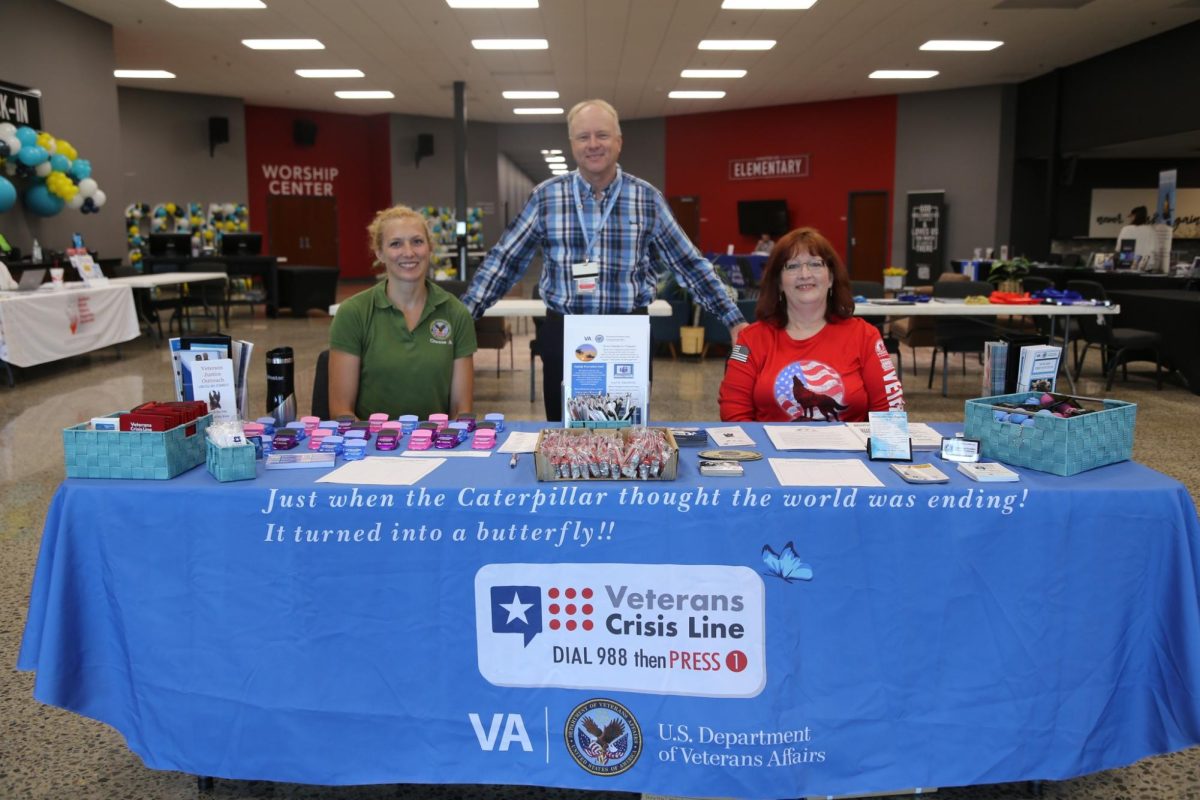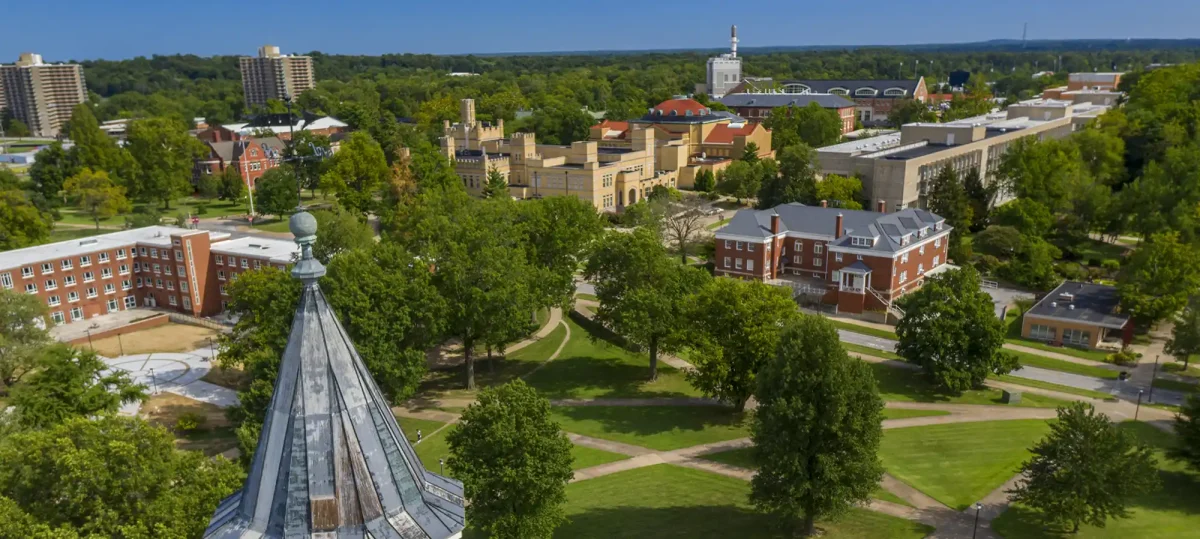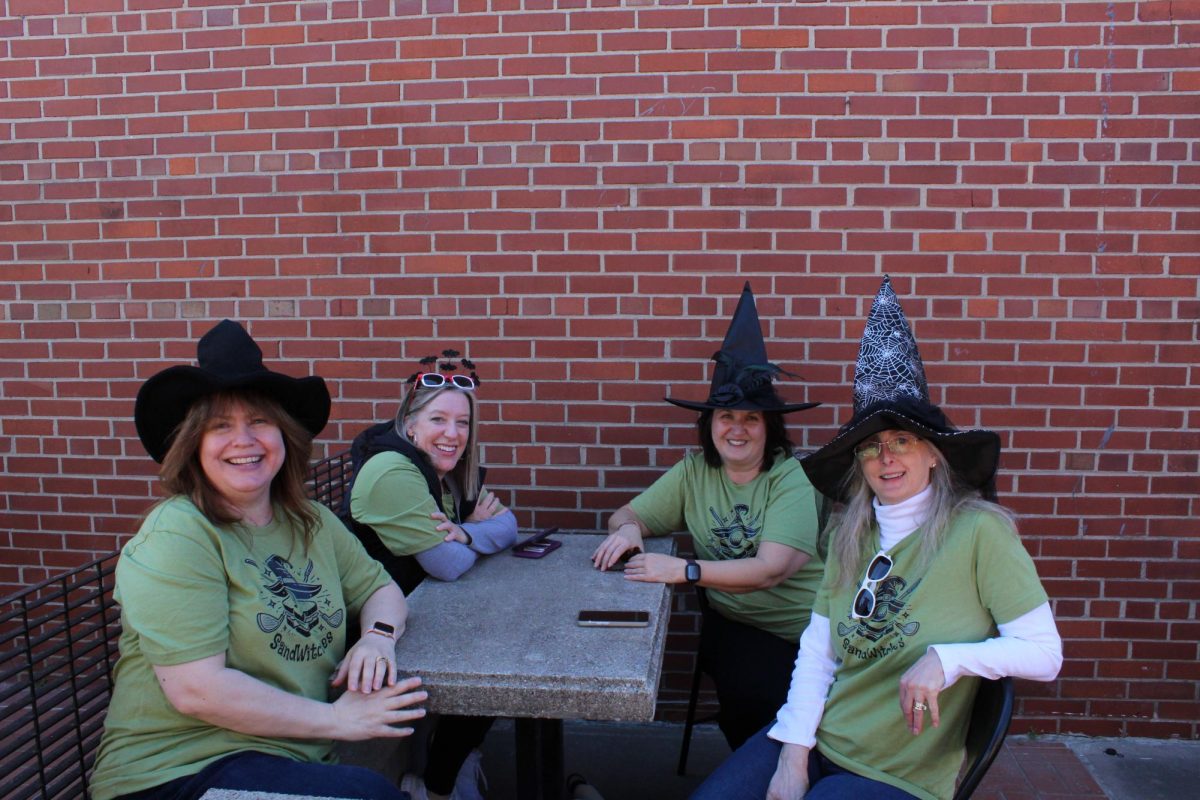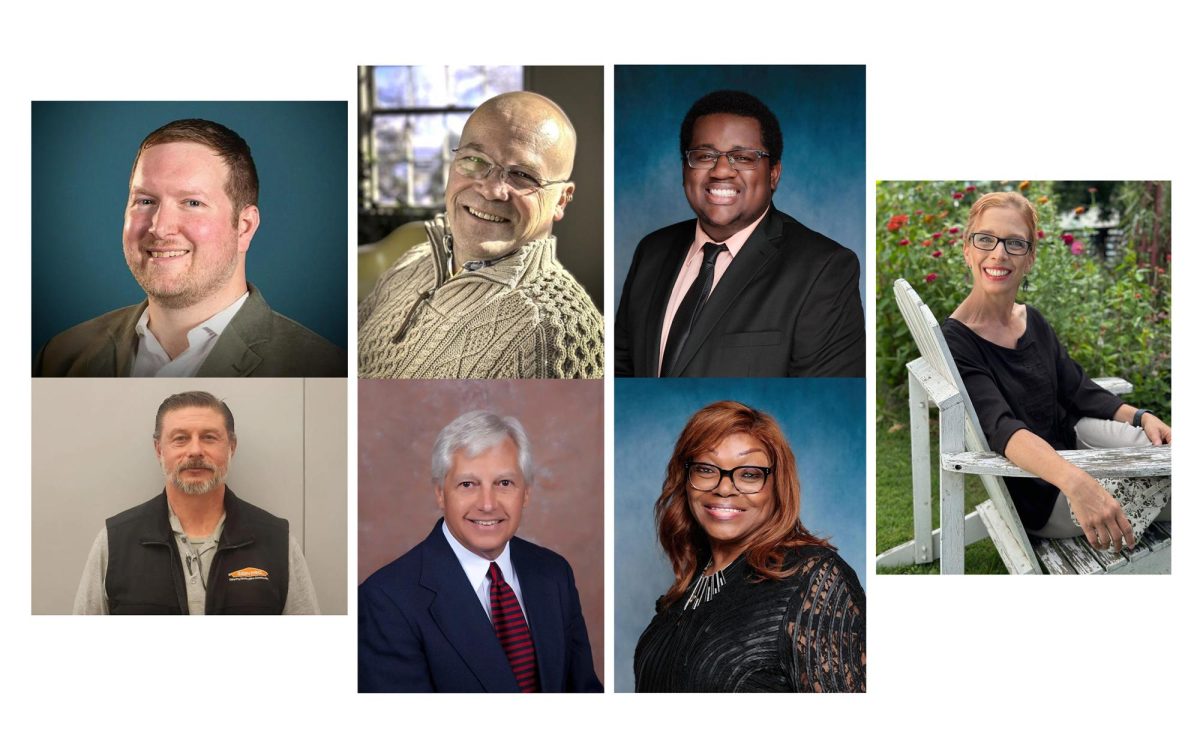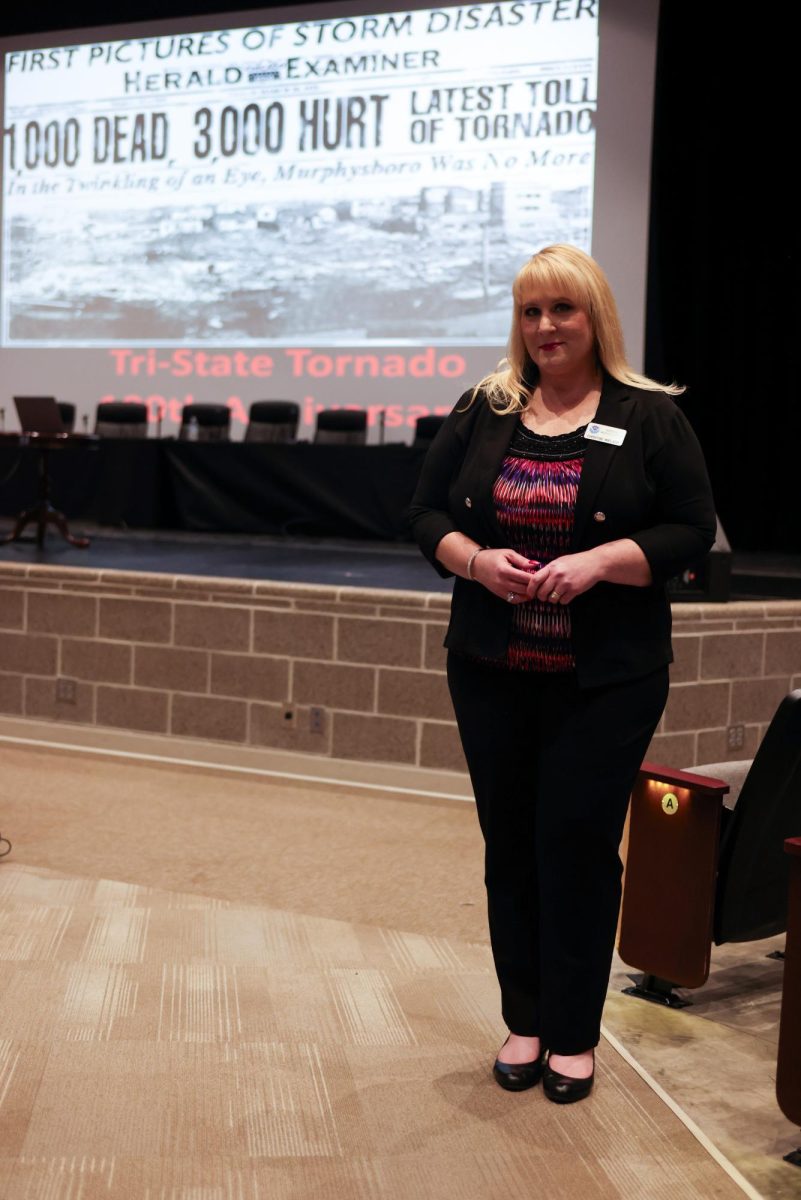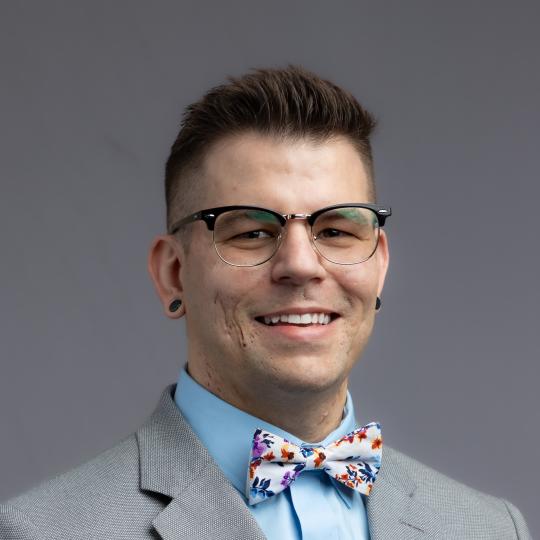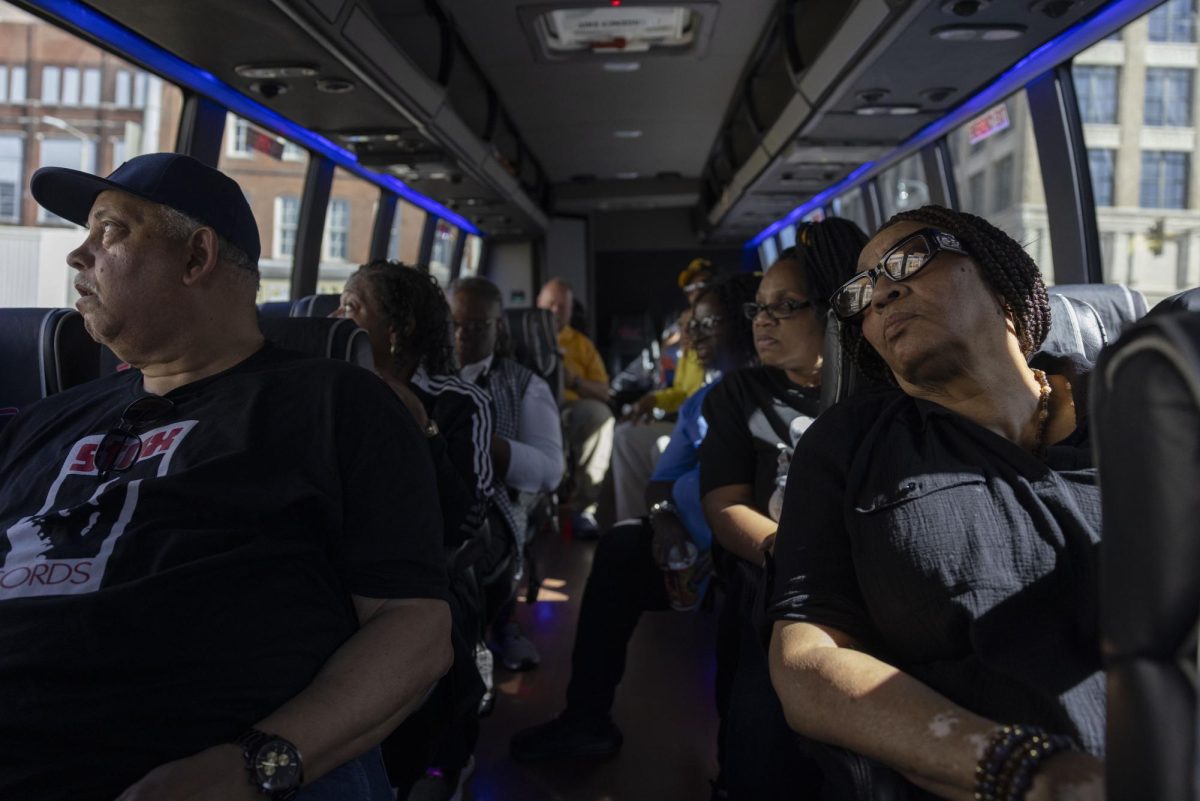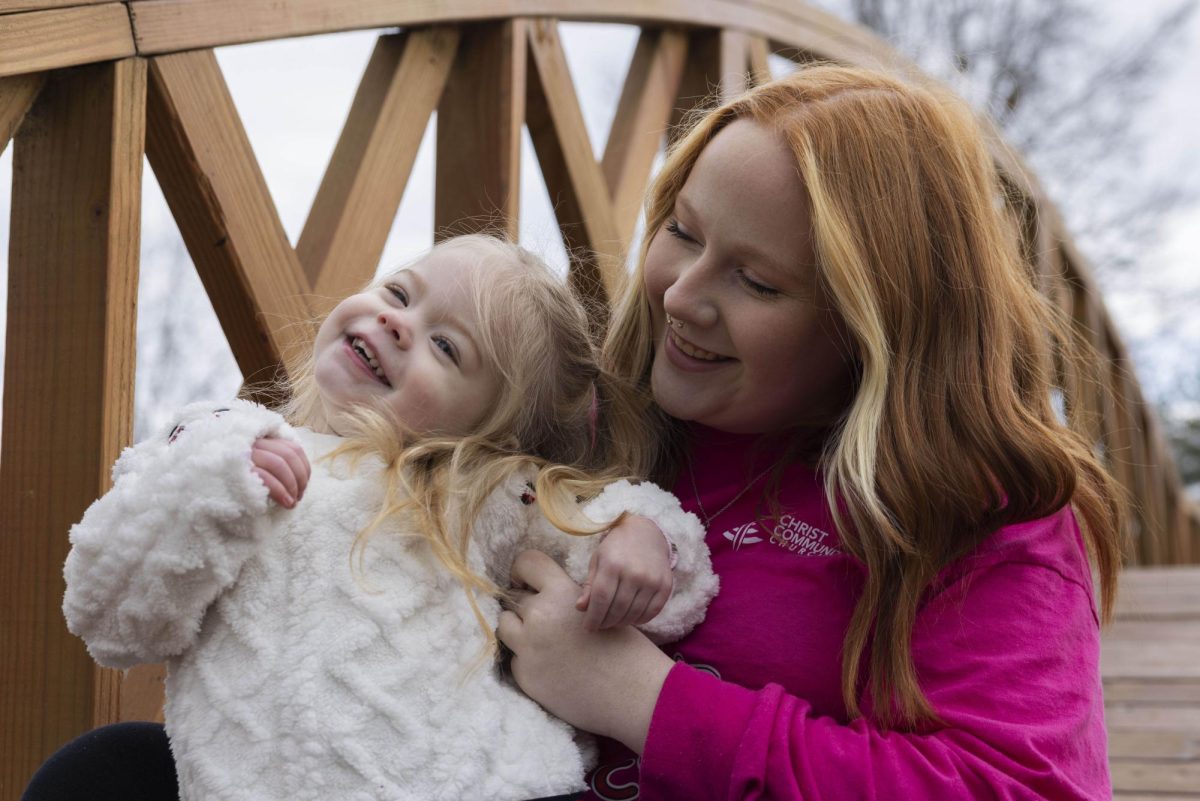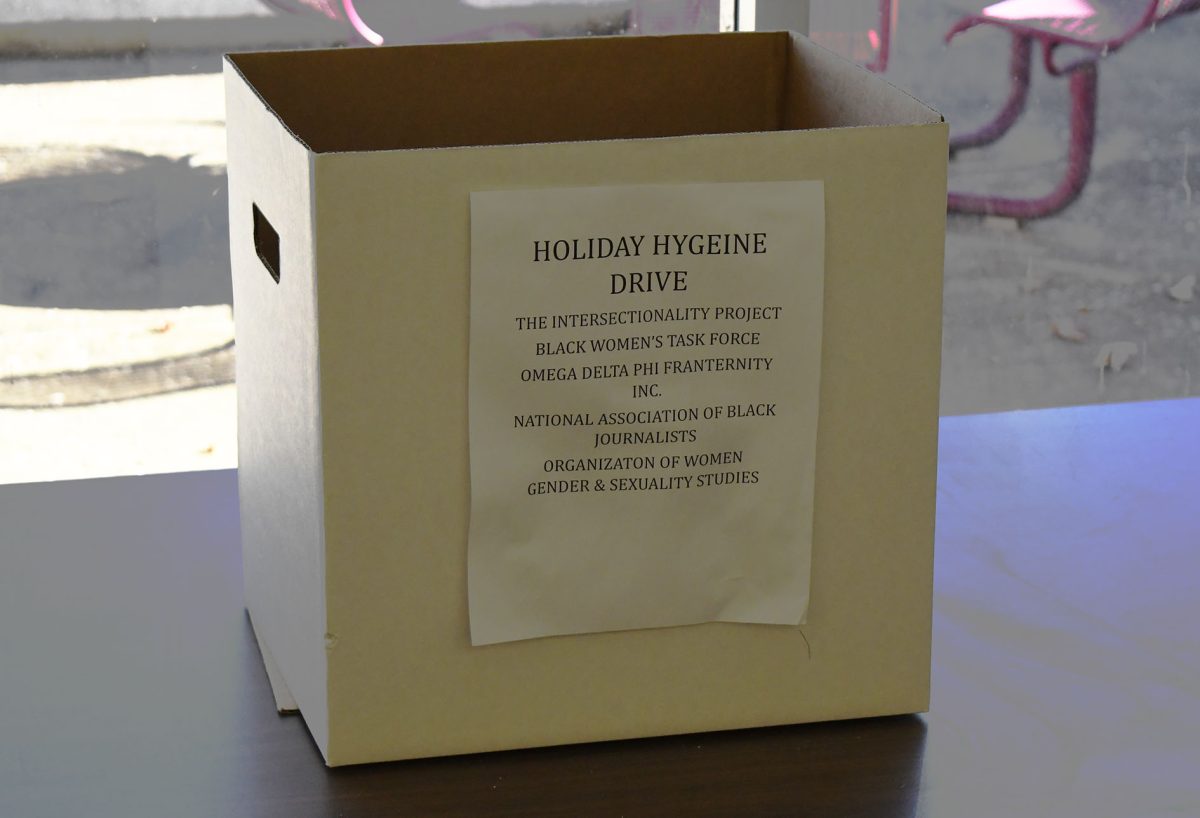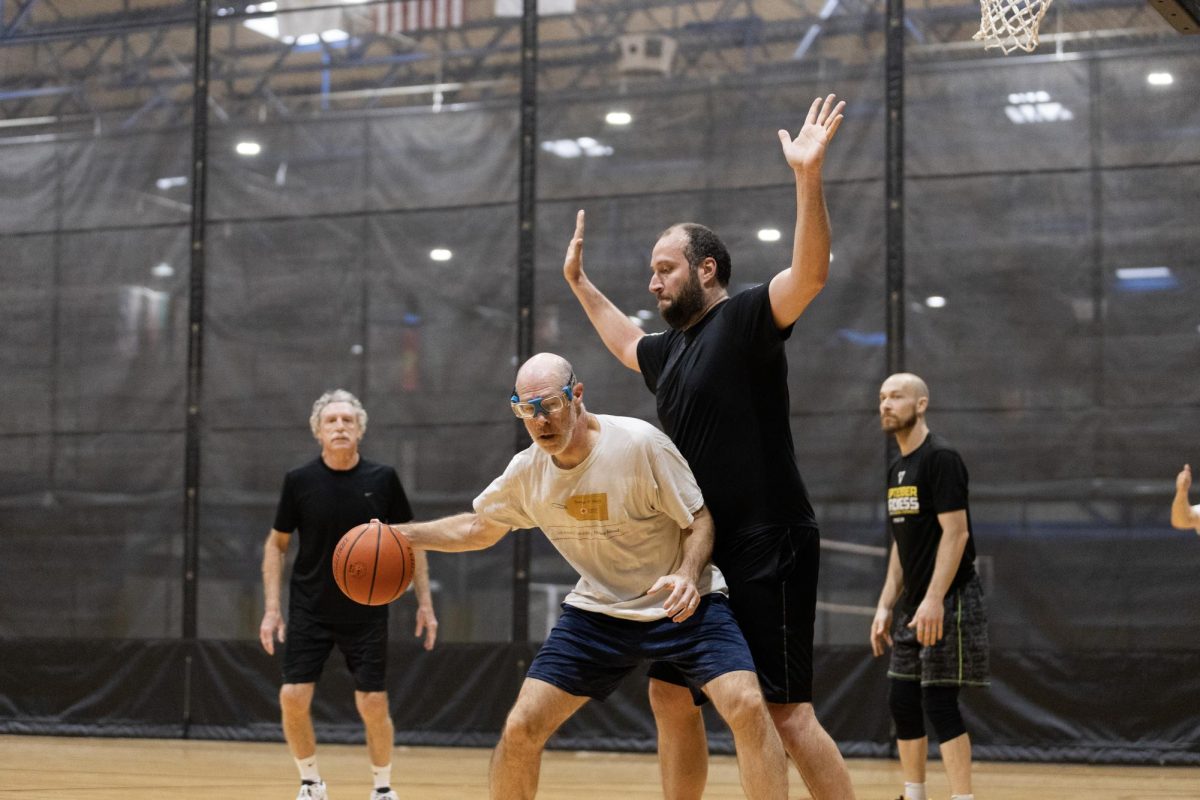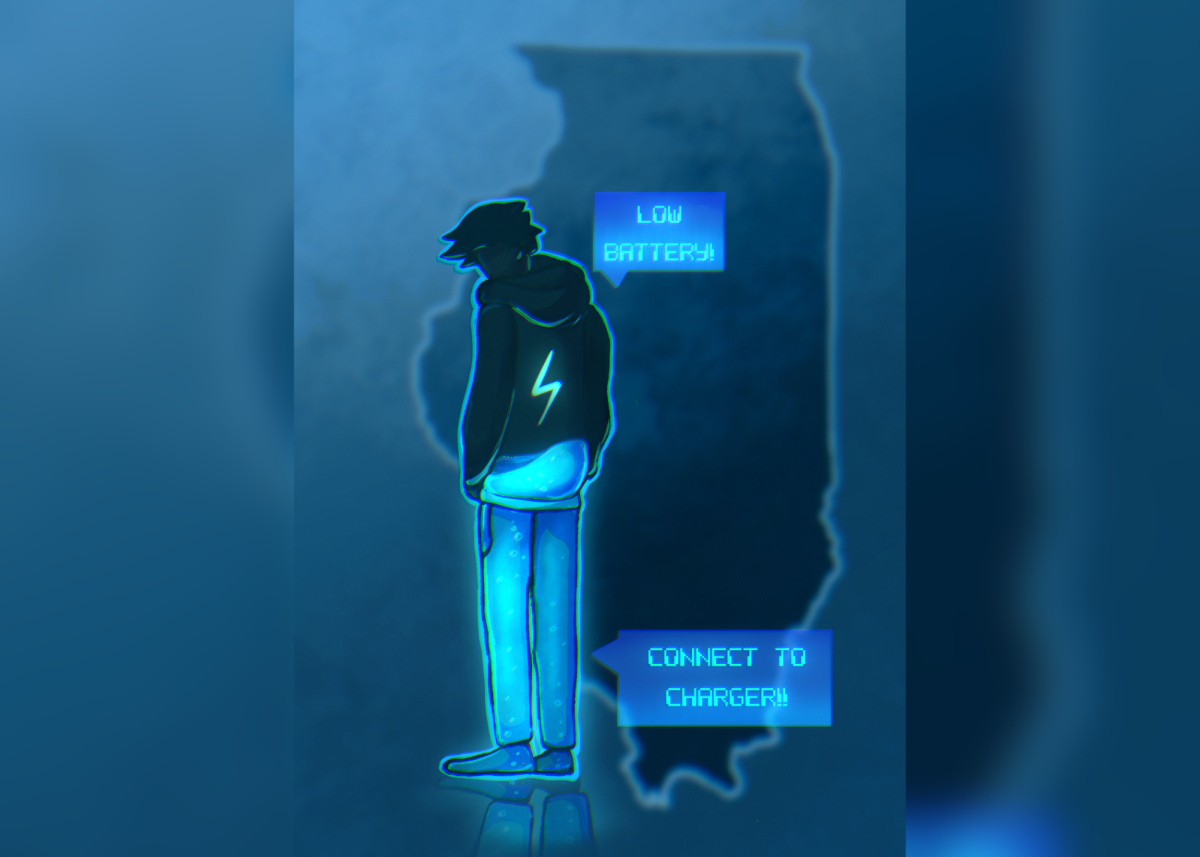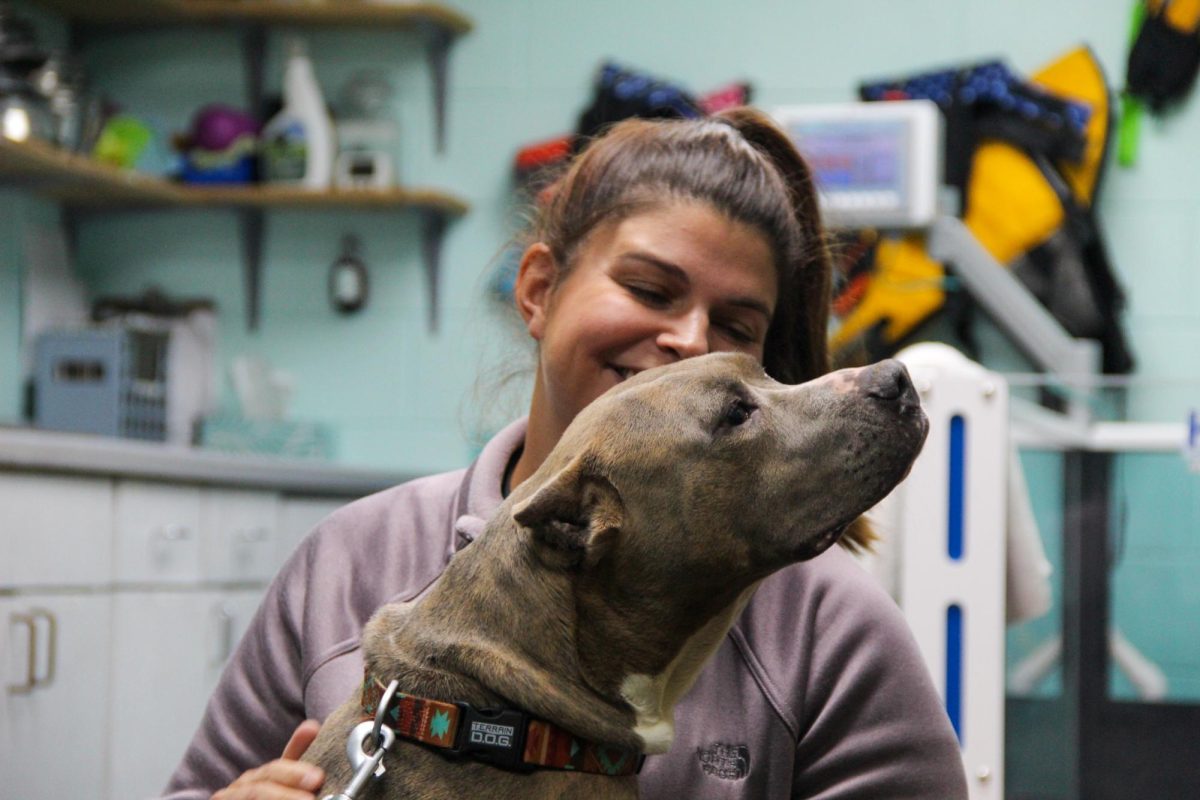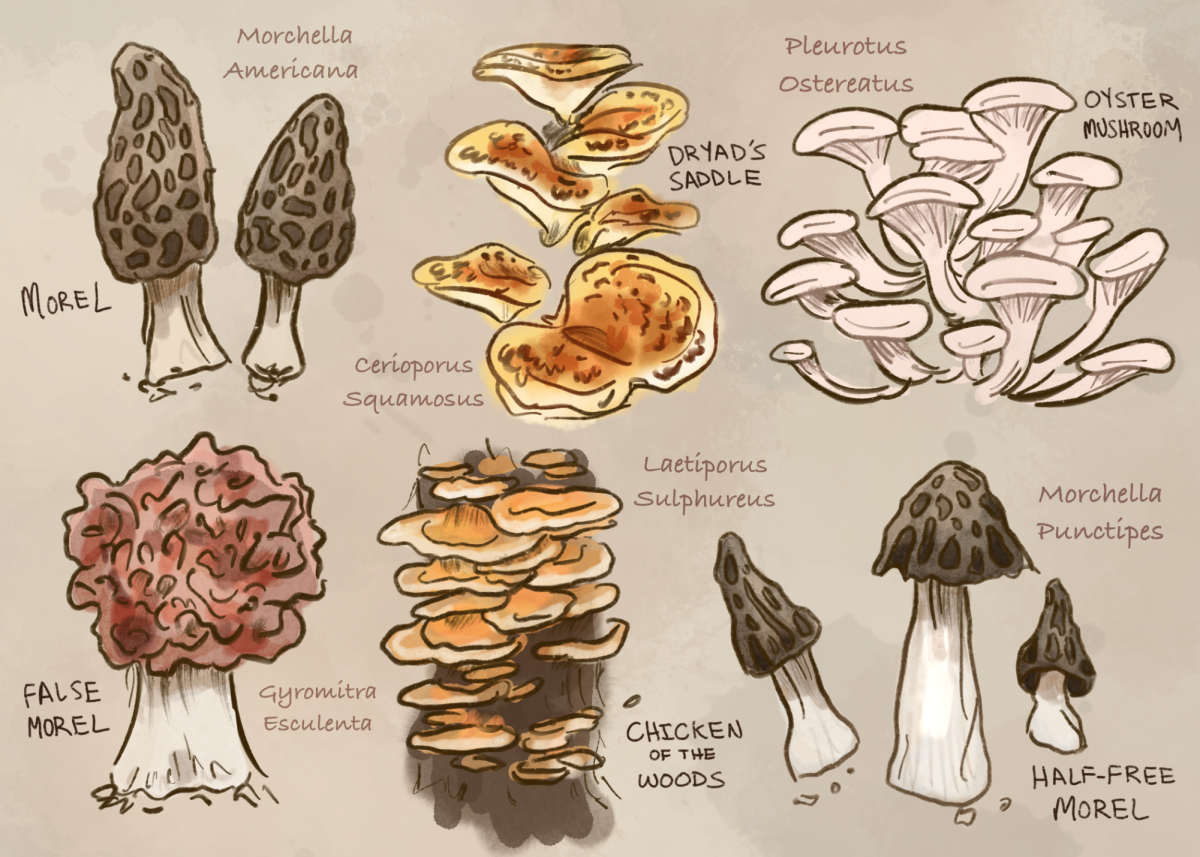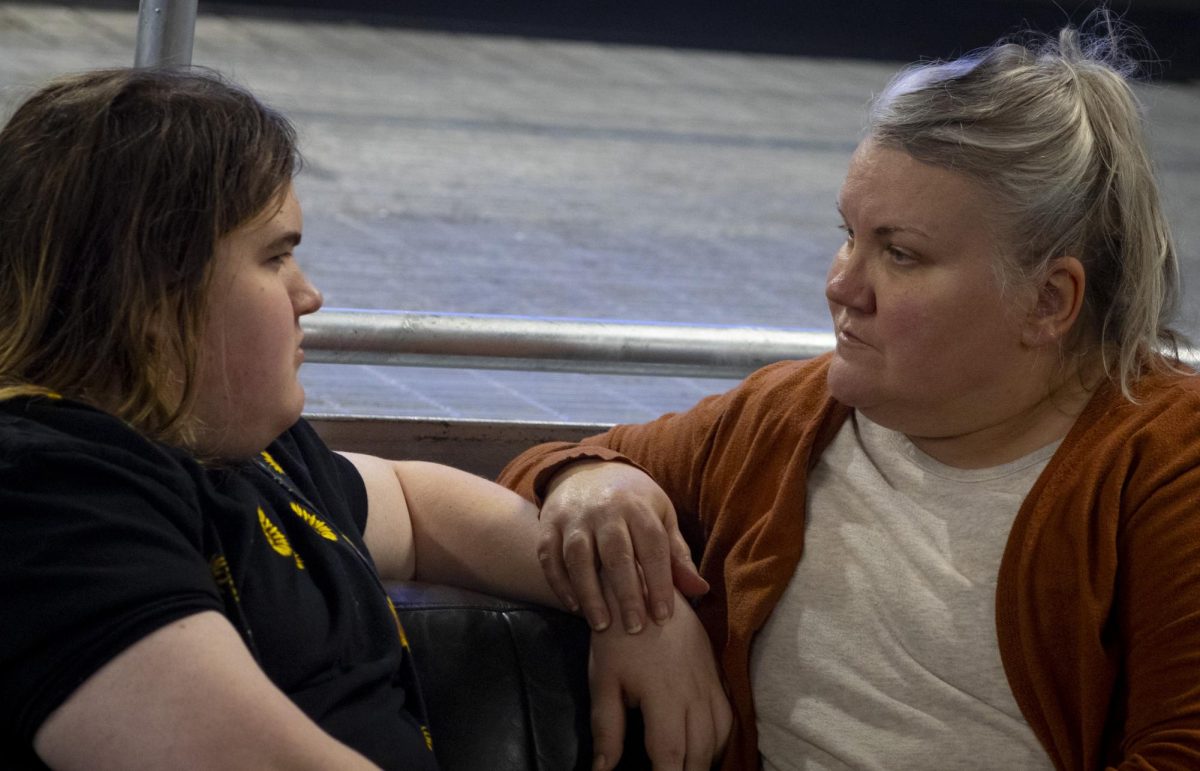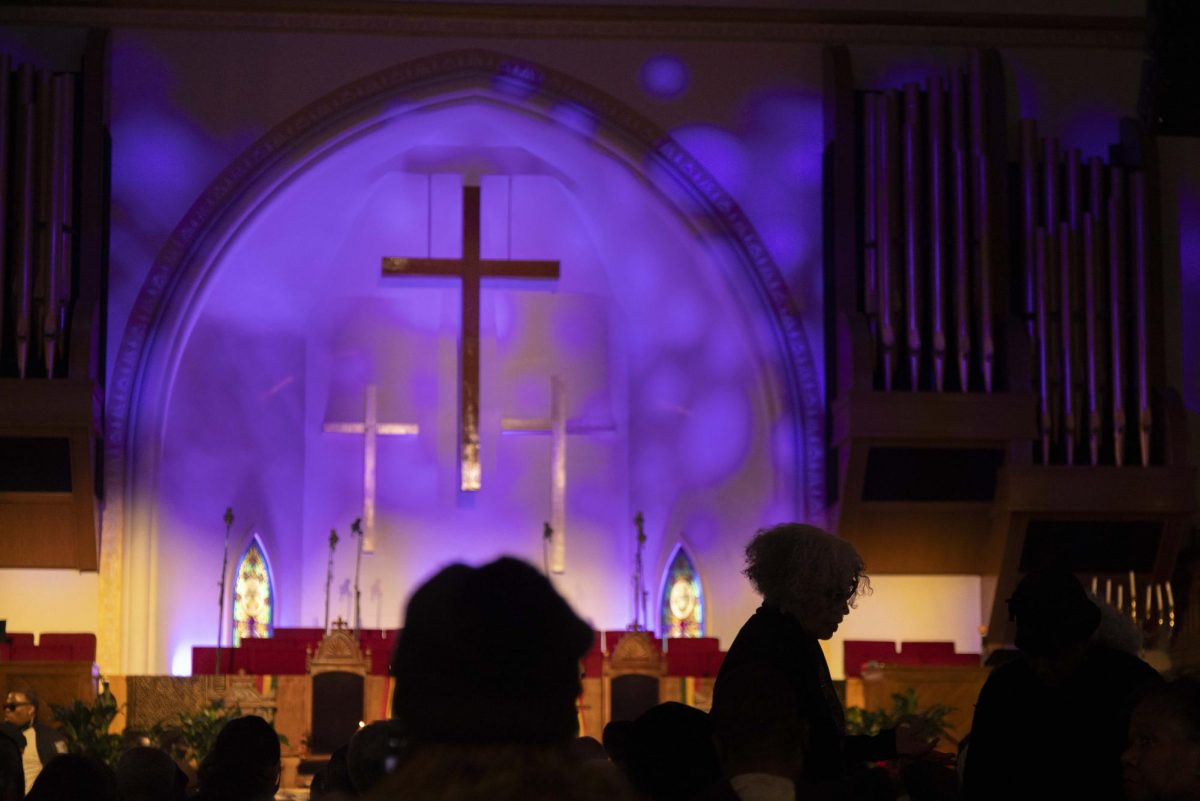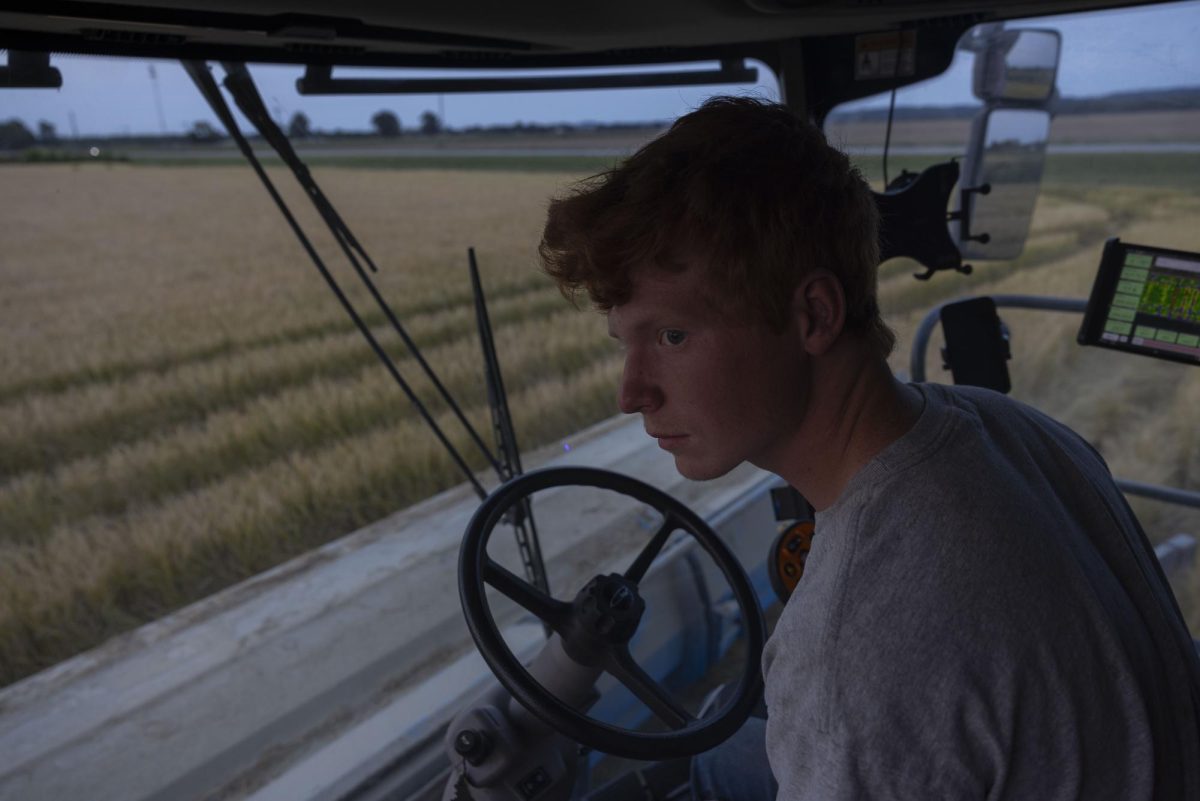Among the nearly 46,000 U.S. adults to die by suicide in 2020, more than 13% of them were veterans. With rates like that, the U.S. Department of Veterans Affairs is looking to stem the tide and save lives.
The Marion VA Health Care System hosted its first ever Veteran Suicide Prevention Summit on Sept. 14 and 15 at Cornerstone Church in Marion. Each day featured keynote speakers, resource tables and breakout sessions designed to tackle different angles of suicide prevention.
Topics discussed included post-traumatic stress disorder, substance abuse and homeless, all of which are linked to higher suicide rates among veterans. Not only did the summit aim to bring these issues to light, but also provide information on how to handle them.
Advertisement
“This event is all about bringing the VA’s resources out into our community, to help our community partners work together to eliminate veteran suicide,” said Zachary Sage, executive director of the Marion VA.
Anyone can call the National Suicide Hotline at its new number, 9-8-8, and veterans can then access the Veterans Crisis Line by pressing 1.
“That’s [the Veterans Crisis Line] the first, most ready resource available for you,” Sage said. “You are welcome to come to any VA clinic, come to our emergency department. Go to any emergency department if you’re in crisis. The most important thing is that you get to a place where you can be safe.”
The Marion VA Health Care System has 12 facilities across southern Illinois, western Kentucky and southwest Indiana. In Illinois, they have clinics in Carbondale, Effingham, Harrisburg, Marion and Mt. Vernon. There are also locations in Evansville and Vincennes in Indiana; and Madisonville, Mayfield, Owensboro and Paducah in Kentucky.
“We know how to handle veterans’ issues better than anyone else, and we want to help those veterans as best we can,” Sage said.
One of the presenters on Friday was Dale Horaz, the program manager for Marion VA’s suicide prevention team. He talked about the process his team undergoes for each patient who may be at risk.
“It goes to a national response team first, and then what they will do is they will send a consult down to us, and then my staff work with that veteran and basically take care of whatever needs that that veteran called the Veterans Crisis Line for,” Horaz said.
Advertisement*
He also spoke on the importance of having a safety plan in place for anyone who is at risk of suicide. This includes identifying triggers, risk factors or warning signs; developing coping strategies; reaching out to family and friends; and setting means restrictions for anything that could be used to cause self-harm.
Sarah Patrick, an epidemiologist from the Illinois Department of Public Health, also presented on Friday. She described her experience at the event, both as a speaker and an audience member, as “bidirectional.”
“This wasn’t just one meeting of everybody having the exact same background, talking to the choir,” Patrick said. “We all came in with different backgrounds and different pieces of the puzzle. And so by having more pieces of the puzzle, you get more of the picture.”
A recent initiative from the IDPH and the VA included distributing gun locks. Since the program began in June, Patrick said they had given out 57,000 gun locks in three months.
“What we find is that most acts are ones that happen fairly quickly, and if you can just slow that, you, if you can cause a time barrier between the impulse and the event, usually the event doesn’t happen,” Patrick said.
Although his team is focused specifically on helping veterans, Horaz noted that information shared at the summit can be applied to the community at large.
“A lot of what we talk about, even though this is veteran-centered, a lot of these community staff members can use to take back to their population that may not be veterans,” Horaz said. “They can still look at a lot of the risk factors and deal with certain crisis situations in the same way that we do with the veterans.”
Veteran utilization of VA services has increased from 38% in 2007 to 48% in 2016. That still leaves around half of the veteran population that doesn’t go through Veterans Affairs for their health care.
“A veteran doesn’t have to necessarily have to come to the VA to get care. They can choose to go to the community doctor as well,” Horaz said. “So, by sharing this information, they can utilize a lot of that same good stuff that we use.”
The sentiment was echoed by Sage, who noted that veterans often have connections in the community who can also help in the effort to prevent suicide.
“We know that veterans, they may not have a relationship with the VA, but they will probably have a relationship with someone who is connected to some resource around these things,” Sage said. “You may not even know you have a veteran in your line at your soup kitchen, for example, But you may be that person that could help a veteran in crisis.”
While the Marion VA employs trained and licensed professionals for times of crisis, Horaz said anyone can volunteer to help make a difference in their community.
“We have volunteer services that they literally can volunteer to help veterans do all kinds of things, from, I’ve seen them drive around like a little van and pick them up in a parking lot for a veteran that may not be able to walk to the front door, that type of thing,” Horaz said.
One of the most important things someone can do to help, Horaz said, is “just getting the word out and spreading the word… something that anybody can do.”
Even just being someone that others can talk to will go a long way towards helping them through crisis.
“I remember one provider said, you don’t have to have a clinical license to pick up the phone and connect with somebody and say ‘I’m just checking in, how are you doing?’ And those are good reminders to have,” Patrick said.
On the other hand, Horaz acknowledged the difficulty of being that point of contact for someone. But events like the VA summit are meant to help make that process just a little bit more approachable for everyone.
“Nobody wants to talk to somebody in crisis,” Horaz said. “It’s not easy. It’s not a normal feeling to talk to somebody that’s suicidal. It just doesn’t feel comfortable. But by hopefully some of the information we’ve been able to share the last few days, that person, whether it’s a veteran or not, might get the help that they need just from talking to somebody”
Sage said that the Marion VA hopes to hold another event in Evansville next spring, and then return to Marion for what could become an annual summit. In the meantime, the organization will continue to work to help roughly 49,000 veterans across the tri-state region.
“We’re really trying to look at suicide in veterans as a public health issue and a community issue, and we’re asking for our community to help us with this important mission,” Sage said.
More resources can be found at the Veterans Affairs website and the Marion VA Facebook page.
The National Suicide Hotline is available 24/7, and can be accessed by dialing 9-8-8. The Veterans Crisis Line is staffed by VA professionals, and can be reached by dialing 9-8-8, then pressing 1.
News editor Brandyn Wilcoxen can be reached at bwilcoxen@dailyegyptian.com or on Twitter at @BrandynWilcoxen. To stay up to date with all your southern Illinois news, follow the Daily Egyptian on Facebook and Twitter.
Advertisement



